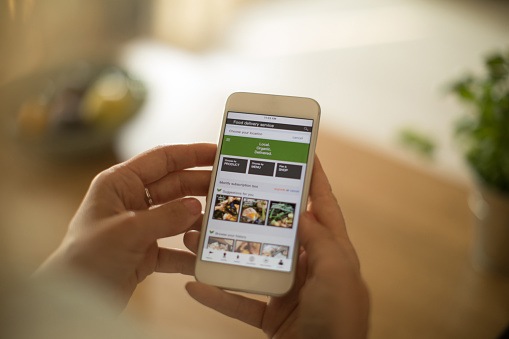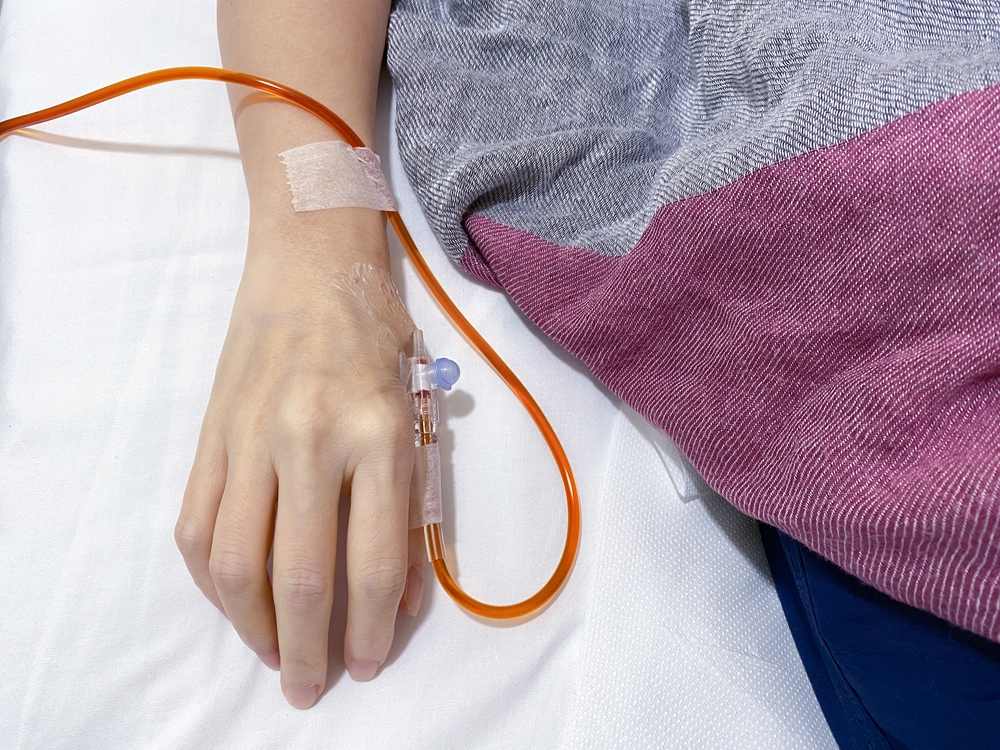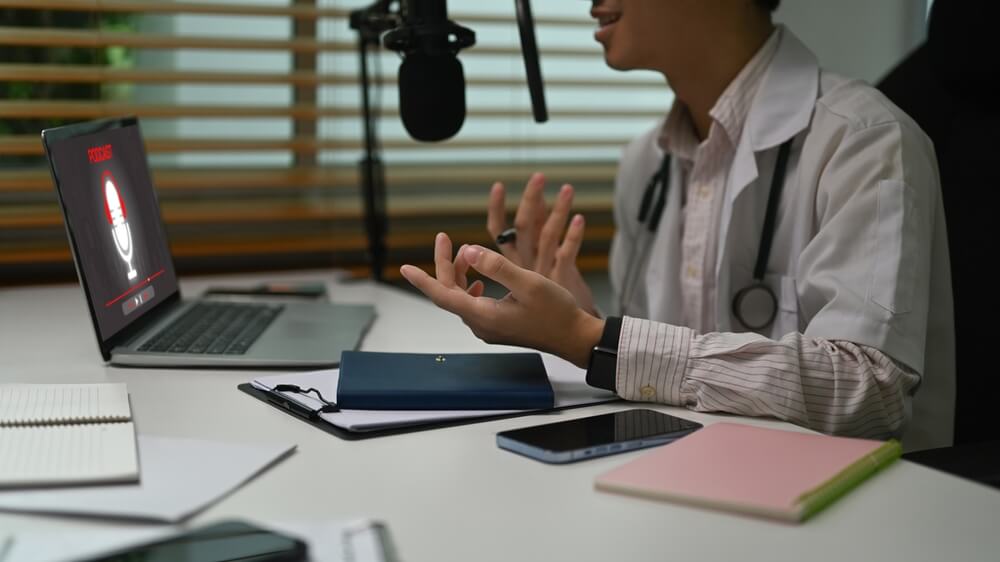A new study suggests that participants in low-income populations were eager to use mobile health (mHealth) applications to aid in their daily health needs, and that community health workers were vital in communicating the use of these applications.
“To better understand the real-world challenges and potential catalysts, including the use of CHWs, in increasing mHealth technology uptake in vulnerable populations, we evaluated the onboarding, perspectives, and experiences of underserved patients using a novel mHealth application,” the authors wrote. “We aimed to learn how a digital health platform could be customized to better serve low-income patients and the supports necessary to facilitate mHealth adoption with sustained engagement.”
The researchers conducted a community-based participatory project in conjunction with a community health organization, a primary care center, and a digital health company. The initiative was preceded by a pre-implementation phase in which user experience and beta-testing survey questions were developed. They then enrolled participants enrolled English language-preferred (ELP) and Spanish language-preferred (SLP). Patients were eligible if they had ongoing health care needs for which the application could be useful, demonstrated basic literacy in English or Spanish, and had access to a smart device. Community health workers did a lot of the cataloging of study participants, teaching of how to use the application, and followed up with participants throughout the study.
According to the results, the overwhelming majority of participants were interested in engaging with the study. A total of 81 ELP and 50 SLP were enrolled in the study. The researchers noted that participants liked having access to their health records and were comfortable sharing data on health devices suck as FitBits and blood pressure cuffs. Most expressed interest in owning their health records and having them in once place on their mobile devices. They also expressed concerns about data security and privacy. Most wanted to learn about privacy policies on data collection; they also expressed concerns about their data being sold or shared without permission.
Compared with pre-study, the participants were much more comfortable using mHealth apps and to participate in research that used apps. Participants were also interested in further functionality of the apps, and for using them to bring knowledge or information about the conditions to others they may know with the condition. Challenges to implementation included technological and economic concerns, remembering email addresses or passwords, limited texting/data plans, and the like.
“Future efforts to expand mHealth to low-income populations should consider using community health workers, which may better ensure that vulnerable populations are not left behind as mHealth technologies advance,” the authors wrote.
The study was published recently in Circulation: Cardiovascular Quality and Outcomes.
Good to see diversity & inclusiveness becoming part of the digital health agenda … signals the field is maturing, and more work needed https://t.co/uxIzRZ6vHt
— Bert Hartog (@hartog_bert) September 6, 2020
Credit: Original article published here.










